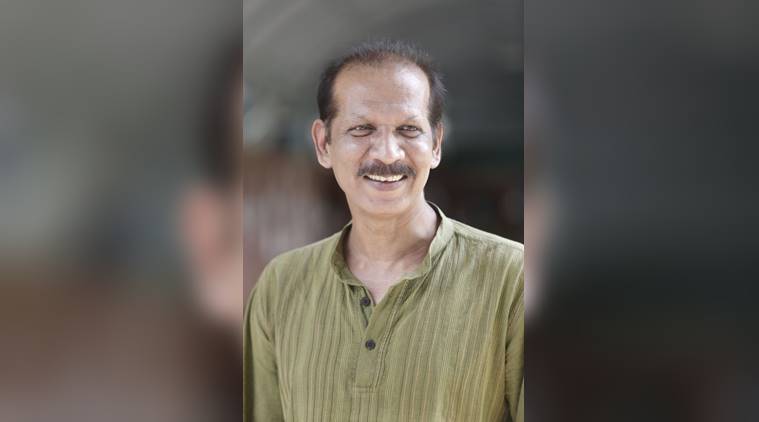Written by Dipanita Nath |New Delhi |Published: December 26, 2018 10:59:45 am
The Accidental Playwright
Asif Ali Haider, who recently adapted Bertolt Brecht’s Turandot, had set out to be an actor and director but became better known as a writer.

In the very first years of his life, Asif Ali Haider inherited theatre. In a faded memory, he is toddling backstage while the air is full of the Spartas’ cry for freedom in Spartacus and the odour of cheap make-up. “The make-up, that smell. In those days, there used to be a make-up mask; it was an inexpensive tube for theatre makeup. That smell, even today, works as a kick for me. If I go to backstage and get a whiff of that smell, I feel the need to get on stage immediately and do something,” says Haider.
At National School of Drama (NSD), where he studied and, now, teaches, the lawns are awash in the sunshine on the bitterly cold December afternoon. Ignoring the benches, Haider plonks himself on the grass. Just a few days ago, he had watched his adapted script of Berolt Brecht’s Turandot enacted at the NSD’s hall, Abhimanch. The plot revolves around a Chinese emperor who is manipulating the cotton market, his dissatisfied subjects and a revolutionary rising in the background. The emperor invites the intellectuals or, as Brecht called them, the “tui”, to court to find solutions to the cotton crisis. The best tui will win the hand of the princess Turandot; the rest would lose their heads.






















No hay comentarios:
Publicar un comentario